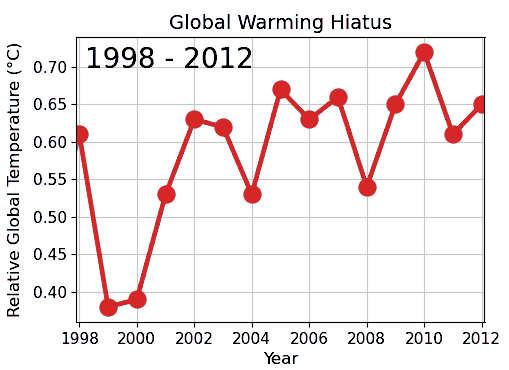
Cherry picking
Cherry picking, suppressing evidence, or the fallacy of incomplete evidence is the act of pointing to individual cases or data that seem to confirm a particular position while ignoring a significant portion of related and similar cases or data that may contradict that position. Cherry picking may be committed intentionally or unintentionally.[2]
This article is about the logical fallacy. For the harvesting of cherries, see Cherry § Cultivation. For other uses, see Cherry picking (disambiguation).
The term is based on the perceived process of harvesting fruit, such as cherries. The picker would be expected to select only the ripest and healthiest fruits. An observer who sees only the selected fruit may thus wrongly conclude that most, or even all, of the tree's fruit is in a likewise good condition. This can also give a false impression of the quality of the fruit (since it is only a sample and is not a representative sample). A concept sometimes confused with cherry picking is the idea of gathering only the fruit that is easy to harvest, while ignoring other fruit that is higher up on the tree and thus more difficult to obtain (see low-hanging fruit).
Cherry picking has a negative connotation as the practice neglects, overlooks or directly suppresses evidence that could lead to a complete picture.
Cherry picking can be found in many logical fallacies. For example, the "fallacy of anecdotal evidence" tends to overlook large amounts of data in favor of that known personally, "selective use of evidence" rejects material unfavorable to an argument, while a false dichotomy picks only two options when more are available. Some scholars classify cherry-picking as a fallacy of selective attention, the most common example of which is the confirmation bias.[3] Cherry picking can refer to the selection of data or data sets so a study or survey will give desired, predictable results which may be misleading or even completely contrary to reality.[4]
In argumentation[edit]
In argumentation, the practice of "quote mining" is a form of cherry picking,[7] in which the debater selectively picks some quotes supporting a position (or exaggerating an opposing position) while ignoring those that moderate the original quote or put it into a different context. Cherry picking in debates is a large problem as the facts themselves are true but need to be put in context. Because research cannot be done live and is often untimely, cherry-picked facts or quotes usually stick in the public mainstream and, even when corrected, lead to widespread misrepresentation of groups targeted.